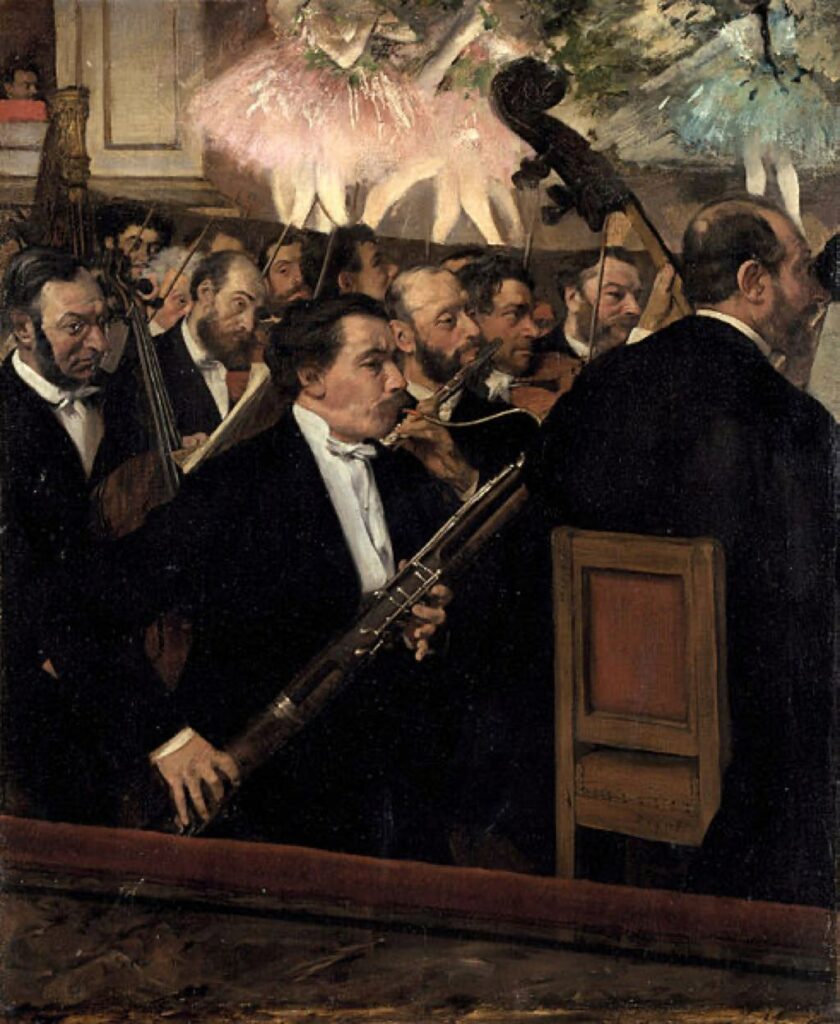
After the flood of new releases of French chamber music recordings over the last couple of months, it comes as a refreshing change to have a new album of French orchestral music to review. The veteran Estonian conductor Neeme Järvi has teamed up with the Estonian National Symphony Orchestra to produce French Music for the Stage, comprised mostly of little-known pieces from the 19th and early 20th centuries.
For anyone who loves the theater and is in need of frivolous fare to blow away the cobwebs of lockdown fatigue, both orchestra and conductor give a vivid and effervescent sense of the excitement of opening night. However, starting with overtures written by Ambroise Thomas, Daniel-François-Esprit Auber (after whom Rue Auber in Paris is named) and François-Adrien Boieldieu for works first performed at the Opéra Comique in Paris, it becomes immediately apparent that much of the music on this disc is so lightweight that you will have forgotten it before you’ve finished playing it. Thomas’s overture to Raymond displays some delightful orchestral coloring, but the Auber and Boieldieu pieces make no case whatsoever for considering their composers to be unjustly neglected.
The longest work on the album is Espada, a one-act ballet written by Jules Massenet and first performed in 1908. Unfortunately, this Spanish-themed ballet comes across as entirely trivial, containing none of the soaring melodies for which Massenet is known in his operatic œuvre. Those critics who have tried to compare it to Bizet’s Carmen should hide their heads in shame.
To my ears, the only piece with any substance is the incidental music written by Léo Delibes for the 1882 revival of Victor Hugo’s 1832 play Le Roi S’Amuse, which had been banned after only one performance because of its perceived attack on the reigning monarch, Louis-Philippe. Eclipsed by Giuseppe Verdi’s later operatic adaptation of the same play (Rigoletto), Delibes’ music nonetheless exhibits rhythmic charm and melodic invention. Evoking Hugo’s 16th-century setting. Jarvi and his orchestra play it with a lightness of touch that is enchanting.
The Delibes’ piece alone more than makes up for the froth of the rest of this album.
Nick Hammond’s latest book, The Powers of Sound and Song in Early Modern Paris, is now available in paperback and as an e-book here and from online vendors.
Favorite